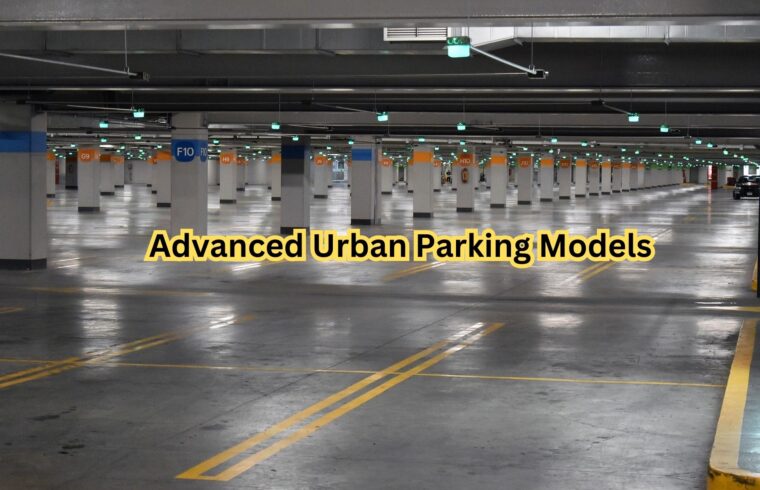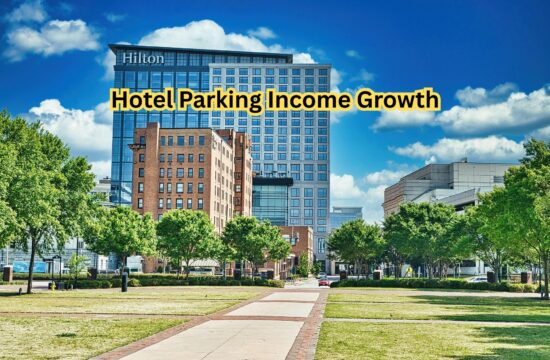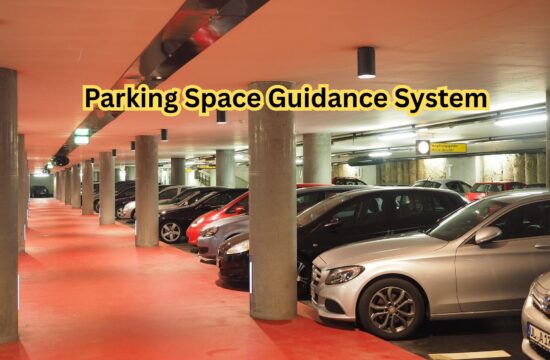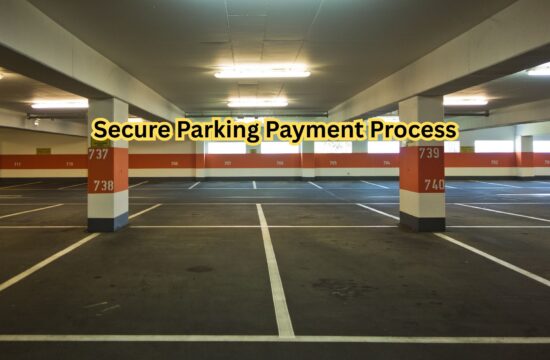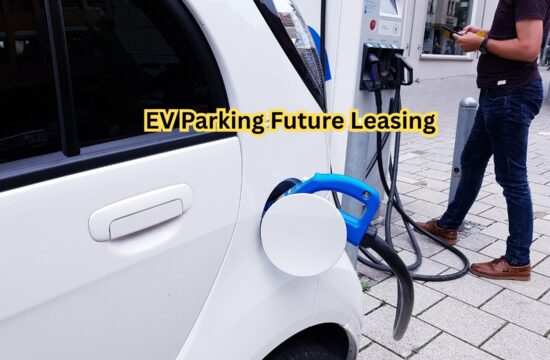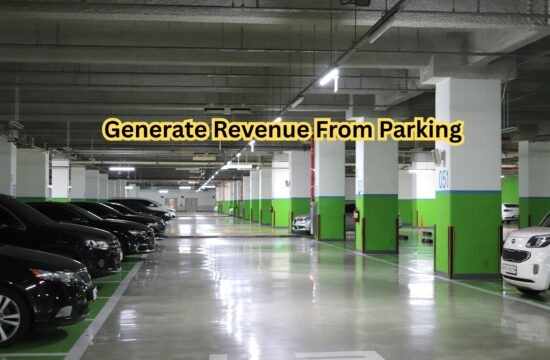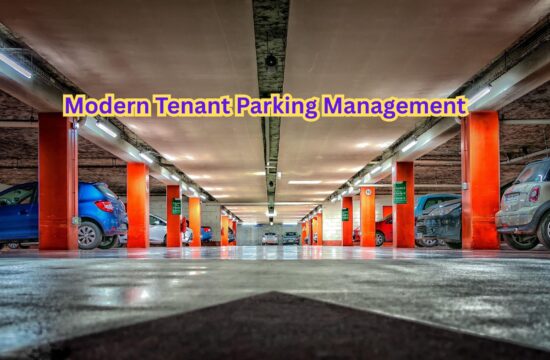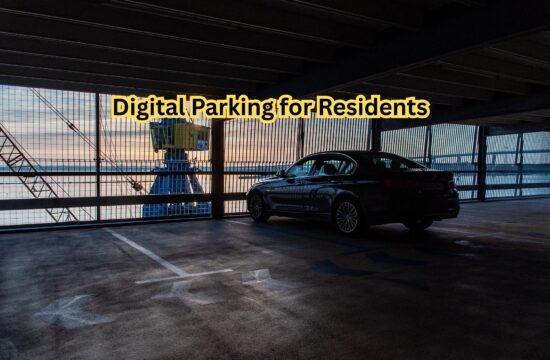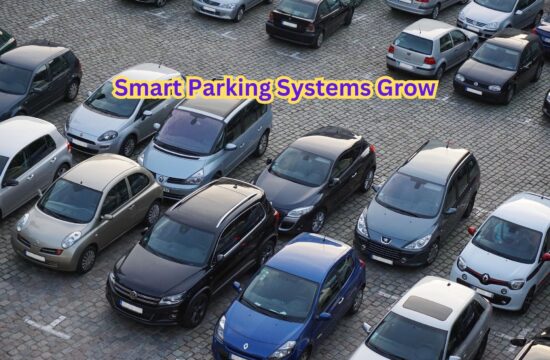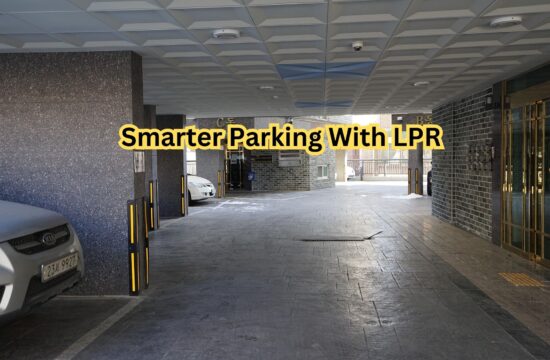Parking has emerged as a major issue for city planners, companies, and citizens as urban centers continue to expand. In order to meet the growing demand for parking, creative solutions are required to address traffic, environmental issues, and inefficient space utilization. A revolutionary solution to these problems is the emergence of Advanced Urban Parking Models that combine sustainability, technology, and user-centric design. These Advanced Urban Parking Models offer a way to transform urban mobility by integrating innovative approaches to parking infrastructure. With the implementation of Advanced Urban Parking Models cities can optimize space reduce environmental impact. And improve the overall urban experience for citizens.
Smart Parking Systems
To give real-time information on parking availability, smart parking systems make use of sensors. Internet of Things devices, and smartphone apps. By enabling vehicles to find open spaces quickly, these devices cut down on circling time and help reduce emissions. Features like demand-driven dynamic pricing further optimize parking space use.
Automated Parking Solutions
Robotics and mechanical lifts are used by automated parking systems (APS) to optimize space utilization. By moving cars into small storage spaces or stacking them vertically. These technologies greatly increase parking capacity without taking up more space. Additionally, APS improves security and lowers the possibility of vehicle damage.
Shared Parking Platforms
Through systems that let property owners rent out idle parking spaces. The sharing economy has made its way into the parking industry. Mobile apps frequently enable these solutions, maximizing available resources and offering users various parking options.
Green Parking Initiatives
Green infrastructure, sustainable materials, and renewable energy sources are all included into eco-friendly parking models. Permeable pavement, rainwater collection systems, and solar-powered parking lots all lessen the negative environmental effects of urban parking.
Mobility Hubs
Mobility hubs are multipurpose locations that offer parking together with other transportation options including electric scooter rentals, bike-sharing stations, and public transportation connections. These centers lessen reliance on individual vehicles and encourage multimodal transport.

